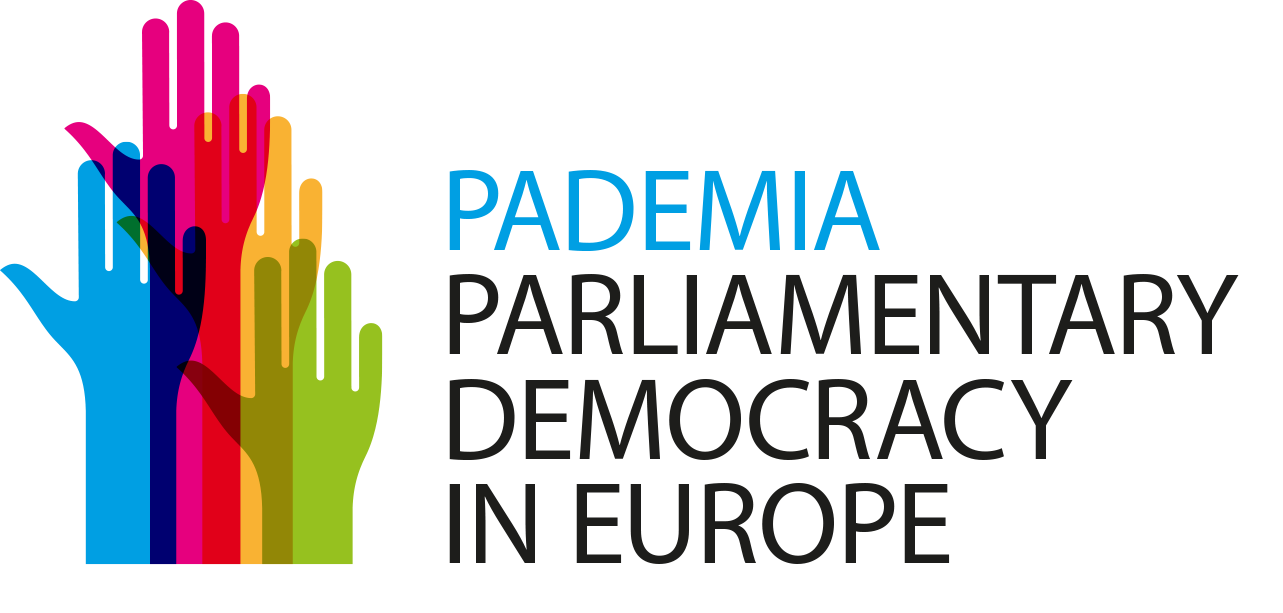Date: 12-13 November, 2015
Place: Berlin (Germany)
Contact person: Ms. Senem Tepe
Organizers: Dr. Pieter de Wilde and Dr. Christian Rauh (Wissenschaftszentrum, Berlin)
Additional Information
This workshop focuses on practical, methodological considerations in the rigorous analysis of parliamentary democracy in Europe. It addresses the different forms and shapes of the discourses produced in and by parliaments.
Based on the fundamentals of quantitative content analyses, the workshop will cover and compare a variety of empirical methods ranging from human coding approaches, particularly in the form of representative claims analysis, to various forms of automated text analysis.
This training workshop will allow doctoral students of parliamentary affairs in Europe to exchange ideas and discuss their research with their peers and senior academic colleagues with a practical focus on methodological options, techniques and considerations.
We invite doctoral students interested in parliamentary affairs, who either plan or already have used content analysis methods in their PhD research. You may apply with either your content analysis research design or with the initial findings of your project.
Find the call for papers here.
Papers
Nik de Boer (Amsterdam Centre for European Law and Governance/University of Amsterdam, Amsterdam) - Strengthening EU Democracy through the Courts? Democratic Legitimacy and National Constitutional Courts in the EU
Abstract:
Over the past five years, the EU’s institutions and Member States have taken a series of far-reaching legal measures in response to Europe’s sovereign debt crisis. These legal measures have important constitutional implications for the EU and its Member States. The EU’s powers now reach into domains previously considered as belonging to the core of national sovereignty, such as Member States’ national budgets. In several instances, national constitutional courts have reviewed these ‘crisis measures’ on their compatibility with national constitutional law. As veto-players within their respective national legal orders, constitutional courts exert a potentially very powerful influence over the constitutional development of the EU.
The research project enquires whether such interventions by national constitutional courts in relation to the EU can be considered democratically legitimate. The democratic legitimacy of judicial review in the domestic context is highly contested. Opponents of judicial review see judges’ power to strike down democratically adopted legislation as highly undemocratic. Proponents, however, see judicial review as a necessary complement to democratic decision-making. At the same time, there are great concerns about democratic shortcomings in the EU’s decision-making, because executives dominate the political process and representative institutions are often sidelined, particularly since the Euro crisis. Challenges before national constitutional courts have often raised such concerns and in response national constitutional courts in fact claim to protect democracy in the Member States. Legal scholars in turn have justified such judicial review on democratic grounds and claim that it could enhance the democratic legitimacy of the EU political process.
To assess the democratic legitimacy of the national constitutional courts’ role in relation to the EU, the research project comprises two parts, a normative theoretical framework and a case-based comparative study that aims to uncover how legislatures deliberate about the constitutional implications of EU law in comparison with constitutional courts, as well as to uncover how review by constitutional courts impacts on legislative deliberations. The paper described the methodology used for the case studies of the project, in particular the codebook used to analyse German and Dutch parliamentary debates.
Mario Gavenda (Institute for Advanced Studies, Vienna)
Lucy Kinski (Institute for Advanced Studies, Vienna)
Jakub Lysek (Palacký University, Olomouc) - Does Moderate Party System Format Always Lead to Strong Party Competition? A Content Analysis of the Czech Local Legislative Debates
Abstract:
Traditionally in political science, the competitiveness of party system is said to be determined by party system structure such as party fragmentation. Furthermore, the competitiveness of a party system is crucial for functioning democracy. Without vigorous opposition criticizing government misdoings the political system is likely to be flawed. This paper thus analyses local legislative speeches and the degree how these debates are argumentative among Czech twenty five largest statutory cities. The main question is what factors lead to that some local councils experience higher competition between the government and the opposition than others. Competition is measured as frequencies of “critical” words. Main independent variables are fragmentation and type of coalition government. It is hypothesized that higher fragmentation and grand coalition leads to less argumentative councils.
Martijn Mos (Cornell University, Ithaca)
Jofre M. Rocabert (ETH Zurich, Zurich) - Politics without parliaments? Parliaments in EU politicization through national media
Abstract:
The model of politicization proposed by Hooghe and Marks (2009) in their post-functionalist theory of European integration is silent on the specific mechanisms by which actors bring about EU topics into mass politics. This paper seeks to complement this model assessing if and how parliaments play a role in the process of politicization of the EU. Are parliaments political arenas on which actors capitalize to advance their publicizing strategy? Plainly, when parliament discusses Europe, is anyone listening? (Auel and Raunio 2014). I utilize a ‘bag of words’ methodology and manual supervision on a large corpus of EU related media outputs of Germany, France and the UK to asses to which extent they incorporate the parliamentary space. The main results are: first, different media systems deliver a similar number of media outputs containing parliaments. Second, media attention to plenary exists in all three countries, but is more pronounced in the UK. Third, the increase of monitoring capacity in France raised the frequency of parliamentary reporting. Fourth, the connection between EU in parliament and press is generally weak, and is confirmed only when government acts in the parliamentary space or when constitutional issues are discussed. Fifth, in Germany, the correspondence between plenary treatment of specific policy areas and press following EU initiatives in the same area is not robust except for constitutional issues.
Neslihan Temelat (University of Tübingen, Tübingen) - Europeanization of the Turkish Parliament: A Content Analysis of Domestic Legislation between 2000-2011
Resul Umit Yazici (Institute for Advanced Studies, Vienna)
[googlemaps lat=’52.506764′ long=’13.365151′ border=’yes’ width=’590′ height=’300′]
